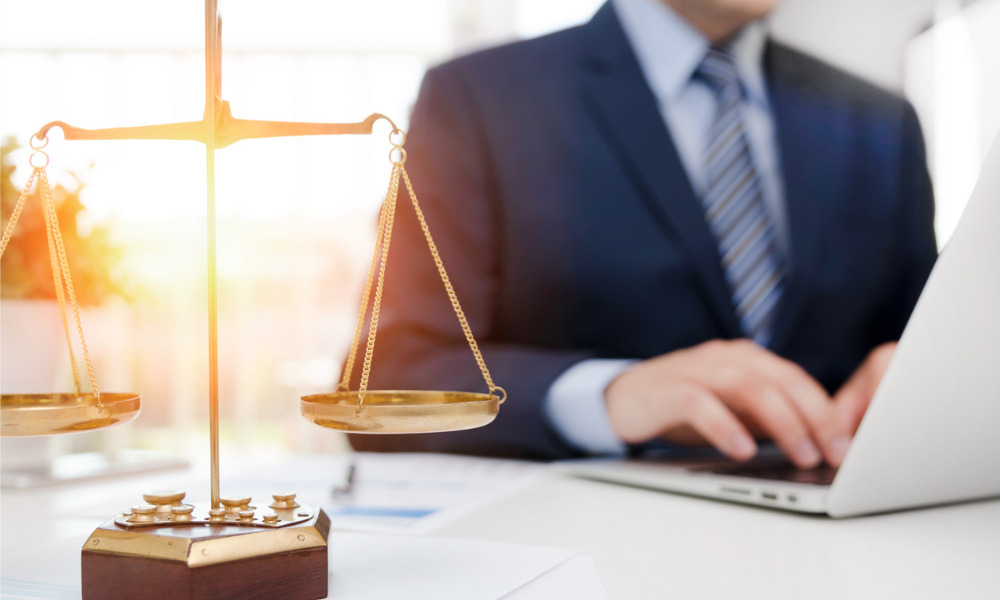ABA issues guidance for lawyers on email protocols and the 'reply all' use

Lawyers have been cautioned to refrain from copying their clients when sending emails to opposing lawyers, following the American Bar Association (ABA) Standing Committee on Ethics and Professional Responsibility’s release of its formal opinion that provides practical guidance to lawyers operating in an email world.
Formal Opinion 503 explores communications and the scope of ABA model rule 4.2, which is commonly called the “no-contact” or “anticontact” rule. It has been part of the ABA Model Rules of Professional Conduct since its inception in 1983.
The new formal opinion will not tag opposing lawyers with a violation of Rule 4.2 if they respond to a group email or text sent by the opposing counsel with a “reply all” even if that communication includes the opposing counsel’s client.
“Absent special circumstances, lawyers who copy their clients on emails or other forms of electronic communication to counsel representing another person in the matter (infers) consent to a ‘reply all’ response from the receiving counsel,” the opinion said. “Accordingly, the ‘reply all’ communication would not violate Model Rule 4.2.”
As a practical matter, Formal Opinion 503 suggests that lawyers “who would like to avoid consenting to such communication should forward the email or text to the client separately or inform the receiving counsel in advance that including the client on the electronic communication does not constitute consent to a ‘reply all’ communication.”
The ABA Standing Committee on Ethics and Professional Responsibility periodically issues ethics opinions to guide lawyers, courts and the public in interpreting and applying ABA model ethics rules to specific issues of legal practice, client-lawyer relationships and judicial behavior.










